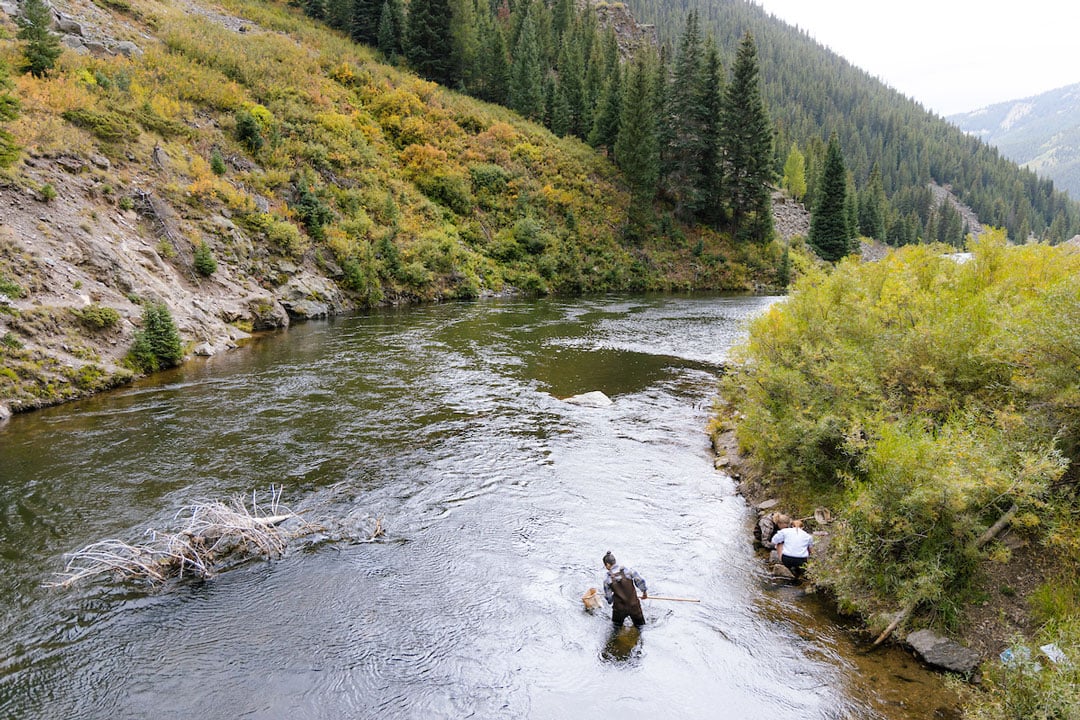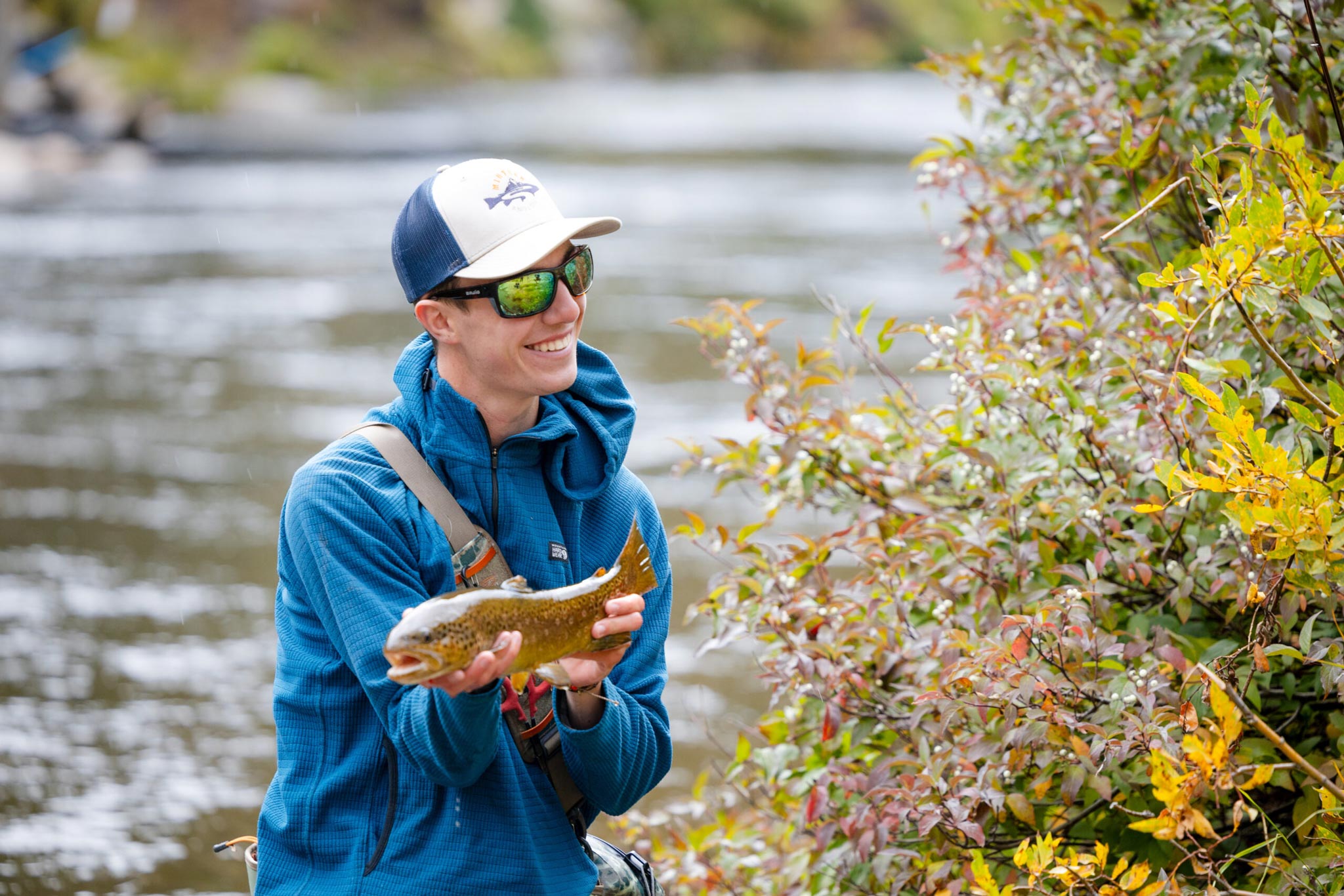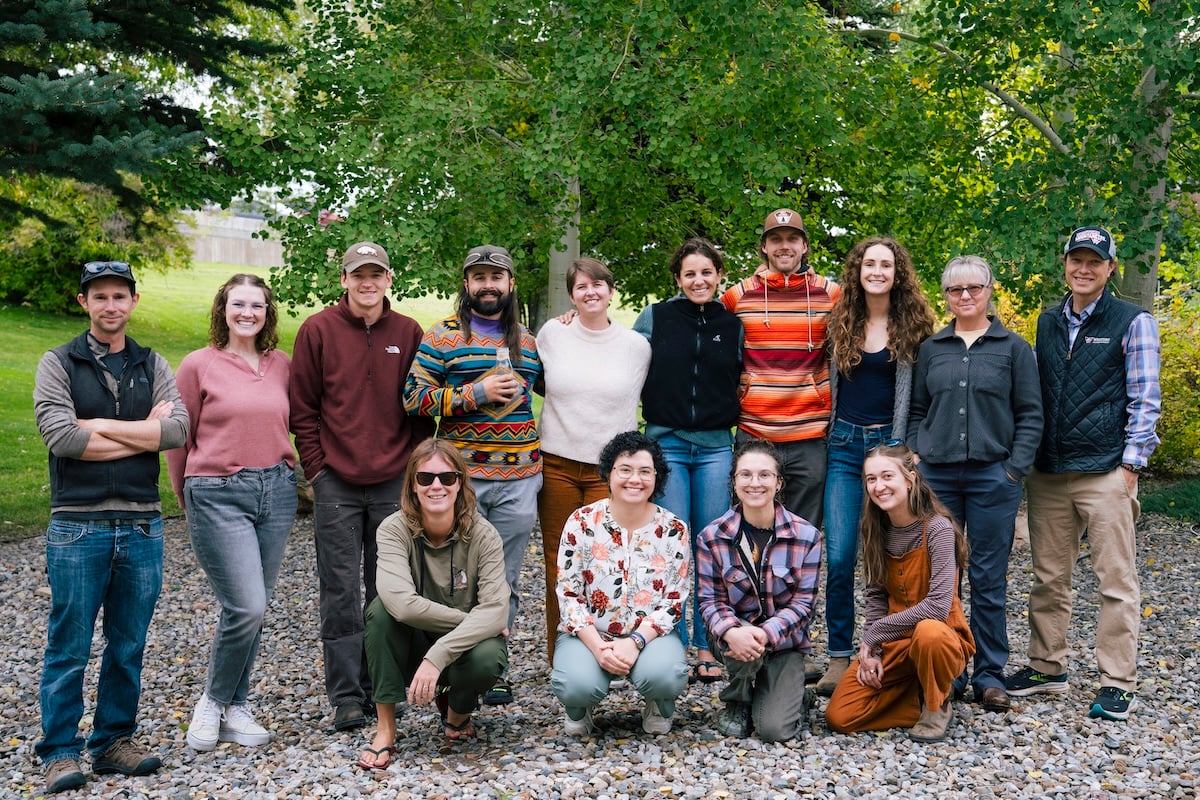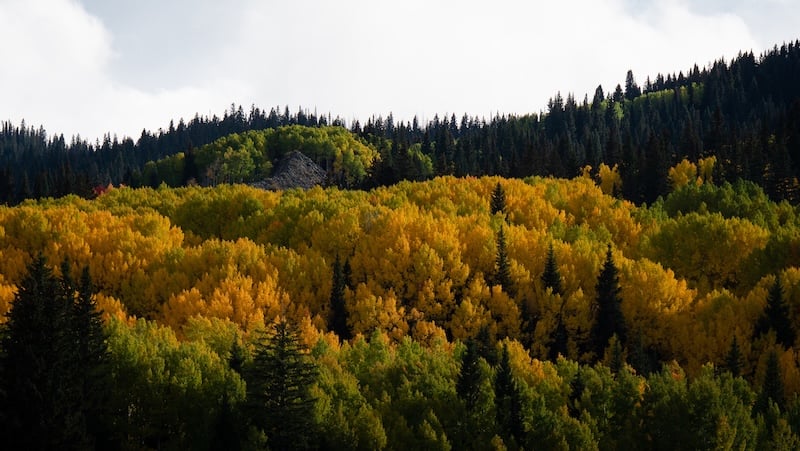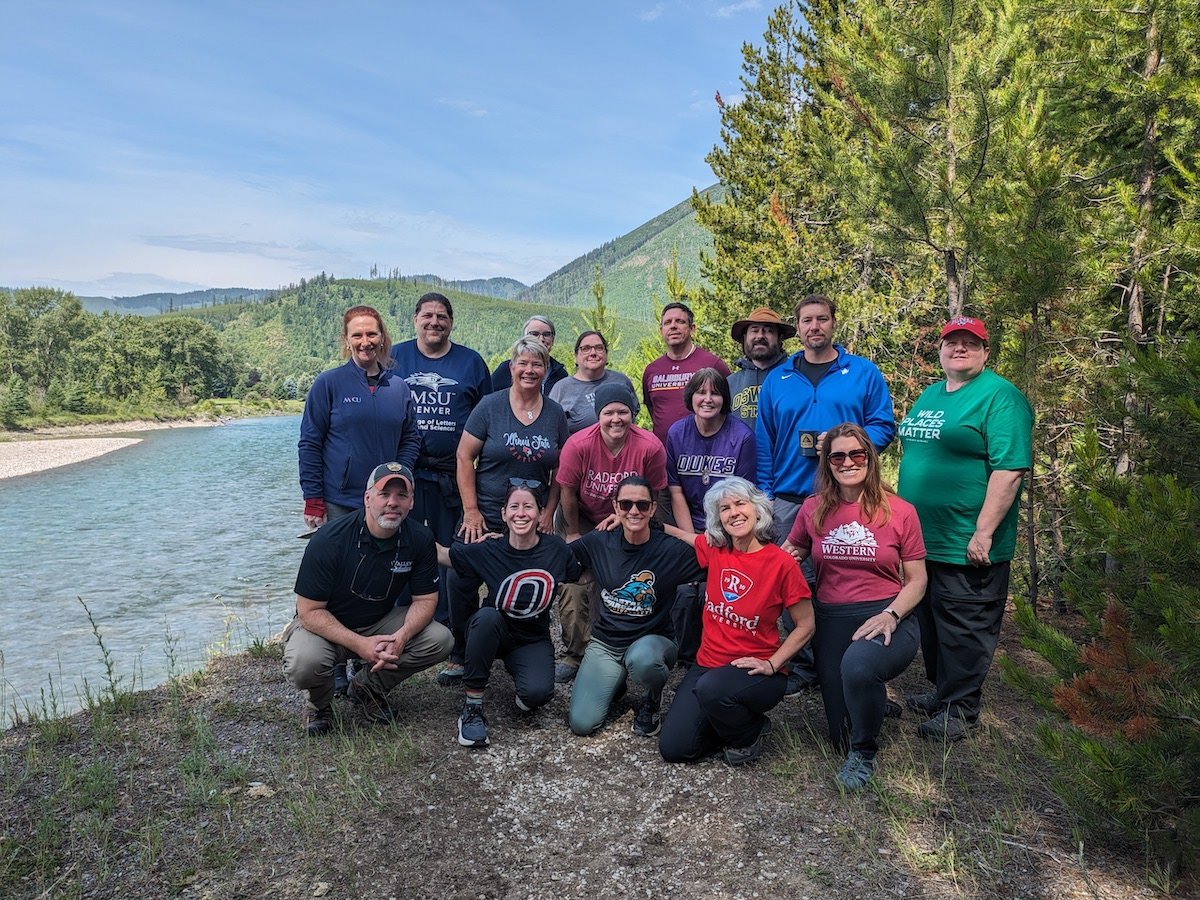Focus your studies on impact, not just research.
The Applied Ecological Science concentration is a non-thesis track within the Master of Science in Ecology program. Designed for students who want to work in natural resource management, environmental education, policy, or planning, this 33-credit concentration blends ecological theory with real-world application.
Instead of a traditional thesis, students complete a capstone project built around coursework, independent study, and internship experience. This flexible structure allows students to focus on practical skills and ecological problem-solving—while still gaining a strong foundation in research methods, biological sciences, and scientific communication. Set in the diverse biogeographic region of Colorado’s Western Slope, the program makes the most of Western’s liberal arts tradition and field-based learning opportunities.
